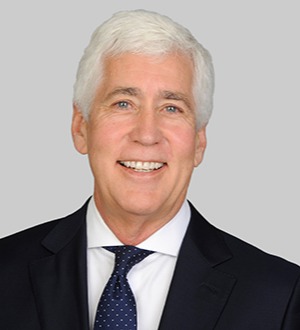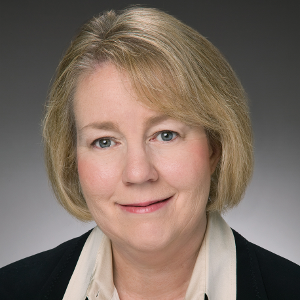Best Lawyers in California, United States for Litigation - Labor and Employment
Practice Area Overview
Often, these employment disputes culminate in a lawsuit, which can be costly, time-consuming, and damaging to employee relations. The number of employment-related litigation filings has been steadily increasing over the last decade, ranging from large-scale class actions to individual complaints. Employers are facing greater challenges and financial exposure from both current and former employees than ever before.
Employment litigation covers many types of claims, including discrimination; harassment; wage-hour pay, classification, and overtime violations; wrongful discharge; entitlement to employee benefits; misappropriation of trade secrets and confidential information; unfair competition; enforcement or avoidance of restrictive covenants; labor union disputes; workplace safety violations; defamation and other employment-related torts. These claims often involve the many laws governing employee relations, which are often referred to as “employment law alphabet soup.” These include Title VII of the Civil Rights Act of 1964 (Title VII), the Americans with Disabilities Act (ADA), the Age Discrimination in Employment Act (ADEA), the Fair Labor Standards Act (FLSA), the Family and Medical Leave Act (FMLA), whistleblower claims under the Sarbanes-Oxley Act (SOX) or Dodd-Frank Act, the Occupational Safety and Health Act (OSHA), the Employee Retirement Income Security Act (ERISA), the Genetic Information Nondiscrimination Act (GINA) and the National Labor Relations Act (NLRA).
Resolving employment litigation requires knowledge of these laws and regulations, the applicable case law, and a careful case analysis and strategy. More so than in other less personal litigation, a perceptive understanding of the people involved is essential for success. Often, suits will be settled among parties or ended before trial through summary judgment based on the facts of the case. When early resolution is not achieved, however, the case will go to trial in court or before an agency tribunal. Verdicts in employment-related cases can be enormous, especially in wage-hour and other class actions, creating a high-stakes situation for employers.
Select a city from the list below to find the best legal talent for your needs.
Cities
Lawyers who have a subscription to profiles appear first.
Would you like to claim your lawyer profile?
Contact UsOur Methodology
Recognition by Best Lawyers is based entirely on peer review. Our methodology is designed to capture, as accurately as possible, the consensus opinion of leading lawyers about the professional abilities of their colleagues within the same geographical area and legal practice area.
The Process
Best Lawyers employs a sophisticated, conscientious, rational, and transparent survey process designed to elicit meaningful and substantive evaluations of the quality of legal services. Our belief has always been that the quality of a peer review survey is directly related to the quality of the voters.









